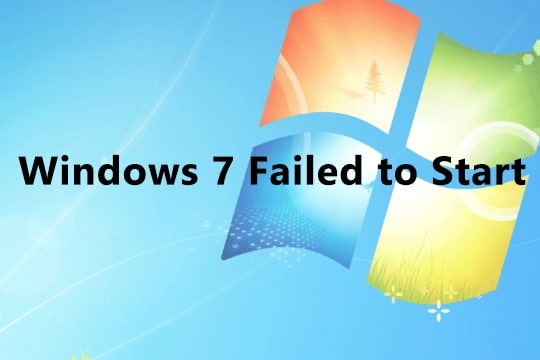Operating systems are like cars: you need to keep them in good condition or you’ll end up with a headache when you try to use them. Windows 7 is a great OS, but if you’re not careful, it can start to show its age. Here are five reasons why you should consider booting up Windows 8 or 10 instead of Windows 7.
Windows is the Future
Windows is the future.There are several reasons why you should switch to using Windows over other operating systems.
One reason is that Windows is the most popular operating system on the planet. Almost two-thirds of all computers are currently running Windows, which means that it has a large user base. This means that there are more resources available to help you with your computer problems.
Another reason to switch to Windows is that it is updated regularly. Microsoft releases new versions of Windows every year, which means that your computer will be up to date with the latest features and security updates. This means that you won’t have to spend time troubleshooting common issues that arise with older versions of Windows.
Finally, using Windows will make your computer morecompatible with other devices. Most devices now come with a version of Windows preinstalled, so switching to using Windows will make it easier to use these devices.
Windows Is More Secure
One of the main reasons you should not boot up Windows is because it is more secure.
Windows is a vulnerable operating system that can be easily hacked. In fact, a recent study found that Windows is the most attacked OS in the world. This means that hackers are constantly trying to gain access to your computer and steal your information.
By not using Windows, you are protecting yourself from this type of attack. Instead, you can choose an OS that is more secure, like Linux or macOS. These systems are less likely to be hacked, which means your information will be safe.
Windows Can Save You Time
Windows can save you time if you’re looking to do something quickly. For example, you can open a file with Windows by clicking on it with your mouse. You don’t have to search for the file or go through menus.
Another advantage of using Windows is that it’s easy to share files with other people. You can simply email or share the file with someone else. This is a great way to collaborate on projects or work on a project with a partner.
Finally, Windows is reliable and consistent. If you have an issue with your computer, you can usually count on Windows to fix it. This makes it an ideal choice for businesses that need a reliable system.
Windows Offers Features You Won’t Find on Older Versions
There are a number of reasons why you should avoid booting up your Windows computer. For one, Windows offers features that you won’t find on older versions of the OS.
Windows 10, for example, comes with a number of new features that weren’t available in previous versions of Windows. These features include the ability to create virtual desktops, create and manage files in the cloud, and access files from any device using OneDrive.
Another reason to avoid booting up your computer is security. By default, Windows 10 is configured to protect your data with encryption. This means that no one else other than you will be able to access your data unless they have the correct decryption key.
If you do need to boot up your computer, make sure to do it only if there is an emergency and you have a back up plan in place. Otherwise, stick to using older versions of Windows that don’t offer all of the features found in Windows 10.
Upgrading to Windows Could Cost You Money
If you’re thinking about upgrading to Windows 10, there are a few things you should keep in mind. Upgrading to Windows 10 could cost you money if you don’t do it correctly.
Windows 10 is a big change for Microsoft’s operating system. It’s designed to be faster and more secure. However, it can also be more expensive to upgrade to Windows 10 than previous versions of Windows.
Windows 10 comes with a lot of new features, such as the Start menu replacement known as the Start Screen. If you’re unhappy with this change, you may want to wait until later versions of Windows 10 are released.
Another potential cost of upgrading to Windows 10 is the loss of data. If you’re not careful, upgrading your computer to Windows 10 could erase important files and data. Make sure that you back up your data before upgrading your computer to Windows 10.
Conclusion
Windows 7 is a great operating system, but there are some good reasons why you might want to avoid booting it up on your computer. In this article, I outline five of those reasons so that you can make an informed decision about whether or not Windows 7 is the right OS for you. If you’re still undecided after reading this article, be sure to take our Windows 7 speedtest to see how well the OS performs on your computer.





















Comments